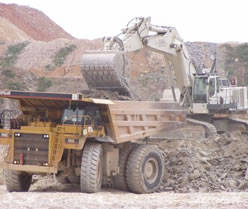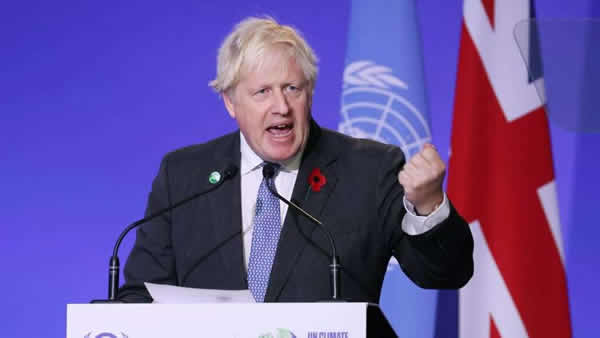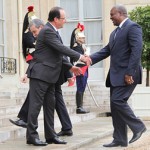 The World Bank World and the Wildlife Fund (WWF) have signed a memorandum of understanding to intensify collaboration in Africa’s extractive industries, and jointly support more sustainable extractive industry practices that provide benefits to local communities and protect the environment.
The World Bank World and the Wildlife Fund (WWF) have signed a memorandum of understanding to intensify collaboration in Africa’s extractive industries, and jointly support more sustainable extractive industry practices that provide benefits to local communities and protect the environment.
The MOU commits the two institutions to share knowledge and expertise relating to the extractives sector in Africa, utilize and leverage existing resources, collaborate on research and dissemination of good practices, provide policy guidance, boost collaboration with other entities, and jointly host seminars, workshops and training events to strengthen African capacities for sustainable management of natural resources, a press release issued May 28, 2013 has said.
“To end poverty and boost shared prosperity, Africa needs a new generation of extractive industry projects that are marked by transparency, environmental and social accountability, and a sharp focus on development results,” said Jamal Saghir, World Bank Director forSustainable Development in the Africa Region, at the signing ceremony at WWF-US headquarters in Washington, DC. “We look forward to strengthening our partnership with World Wildlife Fund-US so that poor people across Africa can benefit from the abundance of natural resources,” he added.
The release stated that, the MOU comes at a time when Africa is achieving solid growth rates of 5% and up. In an analysis of issues shaping Africa’s economic future, the World Bank’s Africa Pulse, April 2013 issue noted that considerable amounts of new mineral revenues were coming on stream across the region. Of the 49 countries in sub-Saharan Africa, Africa Pulse noted that by 2020 only four or five countries on the continent will not be involved in mineral exploitation of some kind, such is Africa’s abundance of natural resources.
David Reed, Senior Vice President for Policy at WWF-US said, “There is great opportunity for local communities to benefit from extractive projects in Africa, but there is also risk that these communities, along with critical habitats and endangered species are exploited in the process, “We hope that by working with the World Bank, we can ensure that extractive projects, both large and small, are implemented with free, prior and informed consent combined with respect for globally recognized environmental and social standards.”
ghanabusinessnews.com








